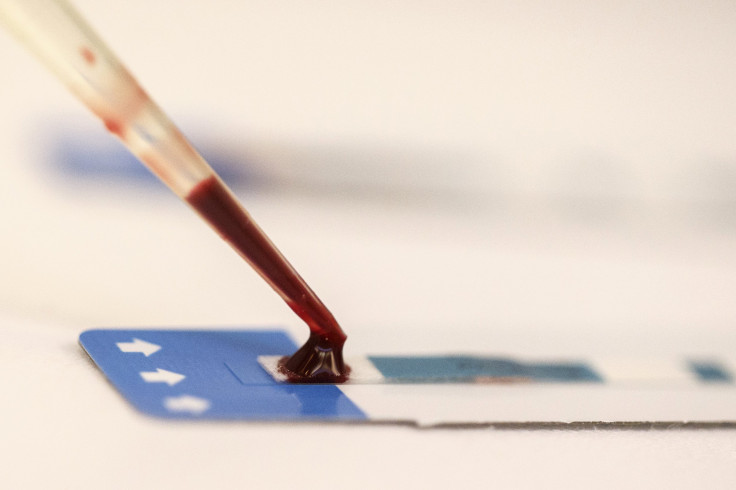Alzheimer’s Early Prediction Possible Through Blood Test

A simple blood test can now be used to predict if a person can develop Alzheimer’s within ten years. British researchers have discovered a protein in blood that can detect diminished cognition, which is usually a sign of dementia.
In the study by scientists at Kings College London, together with the Medical Research Council, 1,129 blood proteins of more than 100 twins were analysed, according to Medical News Today. The researchers followed the participants for 10 years, tracking levels of different blood proteins.
What the researchers found was that the blood protein, MAPKAPK5 appeared to be in low levels in participants who have developed “mild cognitive impairment,” an early indicator for dementia. NZ Herald reports that the study is still on its early stage, but researchers are hopeful that the new discovery would become a foundation for a test that identifies risk for Alzheimer’s early on.
Currently, diagnosing the disease can only be done once the patient starts to lose his memory. According to the NZ Herald report, thousands of people can go on suffering from symptoms without getting a definitive diagnosis.
There is no medication intended to treat or prevent dementia as of today, but researchers still hope that there will be an early diagnostic test for the disease to stop its progression. "Although we are still searching for an effective treatment for Alzheimer's disease, what we do know is that prevention of the disease is likely to be more effective than trying to reverse it," said study lead author Steven Kiddle in a report from Medical News Today.
Study co-author Claire Steves also said that the team is optimistic about the benefits their research has brought. She said that it can help those who don’t show Alzheimer’s symptoms, but have a high risk of developing it.
The study funded by the Medical Research Council and published in Translation Psychiatry generated interests from different charities. Researchers said that they are planning on conducting an independent study to confirm their findings and develop a reliable blood test.
To report problems or leave feedback on this article, email: wendylemeric@gmail.com.





















